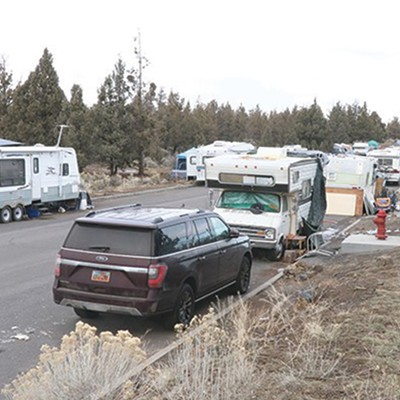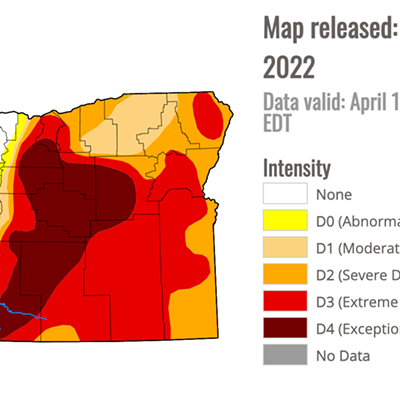People who have been convicted of cannabis-related crimes live their lives with the proverbial scarlet letter sewn onto their shirts. To say these folks face difficulty in doing things many people take for granted is an understatement. Most people convicted of cannabis crimes cannot get a car or home loan, or often the kind of job that would make such a loan possible. They are ineligible for federal housing benefits and federal education benefits, such as student grants and loans. They often cannot vote, own a firearm, or pass the kind of background check necessary to do volunteer work.
Cannabis "criminals" face a set of policies seemingly designed to drive them back to making money in the black market. Even if they are model citizens for decades, the conviction—and thus the stigma—persists. With cannabis now legal in Oregon, the Oregon Liquor Control Commission can still use cannabis convictions to disqualify an applicant for a cannabis business license or cannabis industry job.
So, what happens to these Drug War casualties when the behavior they were convicted of is no longer criminal? The answer, unfortunately, is a rather limited path to social and legal redemption. The differing answers in Colorado and Washington, the first states to fully legalize cannabis, illustrate the arbitrary nature of current cannabis laws for previous convictions.
In Colorado, the state Court of Appeals overturned two 2011 convictions, citing the state's cannabis legalization. Legal experts disagree whether this would allow all of the state's cannabis convicts—nearly 5,000 people each year prior to 2014—to have their convictions erased. But, as in America's pay-for-play legal system, there is no doubt that many who are still in prison, or who have had their employment opportunities marginalized, will not be able to afford the lawyer fees necessary to erase the black mark on their permanent records.
The other legal avenue for those convicted of cannabis crimes is "expungement," a legal procedure by which the convict applies to have the legal record of the conviction sealed, or "expunged." Expungement carries with it the legal right to say that the conviction never happened, a right that opens the door to jobs, loans, housing, and all the other opportunities of a normal American life. Colorado has no expungement law and a bill in the Washington legislature allowing expungement of cannabis-related crimes recently failed to pass. So in Washington, it seems there is no legal path to remove the stigma.
In Oregon, the legislature passed two laws in 2015 that grant some limited relief. For offenses occurring before July 1, 2013, convicts can apply to have their convictions set aside. The court is required to consider the conduct under the current law, whereby cannabis possession, growing, and selling are all legal. Courts are also required to give priority to requests for offenses occurring when the offender was under 21 years old. Legal experts say Oregon's law currently goes further than any other state in helping those convicted of cannabis crimes. But the opportunity is still limited by the legal fees necessary to petition the court to overturn the conviction, something that in the Bend legal market would cost between $1,000 and $5,000.
As is so often the case, however, California is set to go even further. If Proposition 64 passes this fall, it would not only fully legalize cannabis in the Golden State, it would also require state courts to destroy records of past cannabis convictions within two years. Those previously convicted would have their convictions overturned or be re-sentenced to whatever punishment they would have received under the new law.























